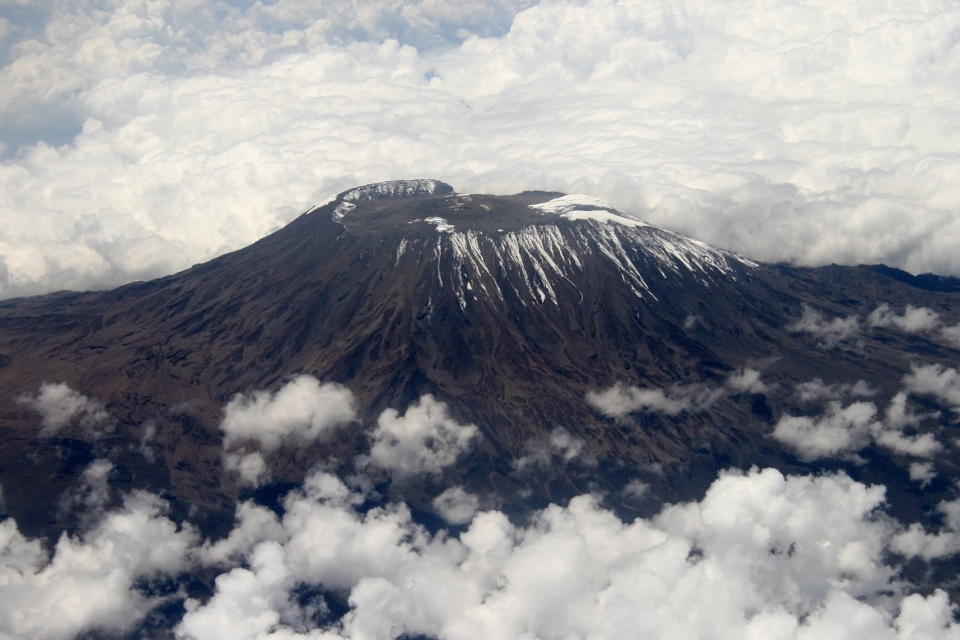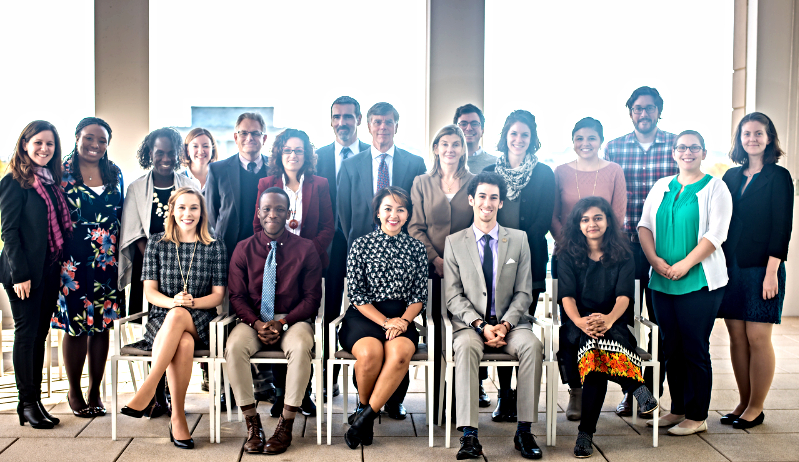Leaving on May 29th, 2018 and heading for the top.

Eighteen students from George Washington University will be taking on the challenge of a lifetime: summiting Mt. Kilimanjaro and raising thousands of dollars for charity. Two Elliott School undergrads are among the group of 18: Casey Sajna, sophomore, international affairs and global public health, and Austin Simpson, freshman, international affairs.
Simpson, who is originally from Riverside , California, says he learned of the opportunity through a co-worker at an internship he held. “Kilimanjaro is one of the ‘Seven Summits’, the tallest peak on each one of the seven continents,” Simpson said. “It’s a right of passage that I’ve dreamed of accomplishing. When I found out that I could do it and give back to a charity, it seemed perfect,”
According to GW Team leader Phoebe Elizaga, a sophomore majoring in biology and chemistry, “the whole experience of getting a team together and fundraising with participants who are passionate and excited about the cause has been unreal so far.”
Casey Sajna, from Osceola, Wisconsin, has previous experience tackling high peaks. During a study-abroad experience in Switzerland, she went climbing in the Alps. Now, she is training for Kilimanjaro by “going to the gym and running to try and build up stamina….one thing that I learned from Switzerland is that just training to climb up is not enough. You need to train your muscles to be able to also go down the hill, I know personally; I was really hurting the next day since I had not strengthened those muscles as well!”
The Kilimanjaro journey is organized by Choose a Challenge, a UK-based student-charity-challenge company that each year takes some 1,500 young adults on expeditions, raising nearly $5 million annually for a wide variety of charities. The GW Team will be raising funds for The Andrew McDonough B+ Foundation for childhood cancer. The foundation provides financial and emotional support to patients and families affected by childhood cancer and funds pediatric cancer research.
According to Elizaga, the combination of doing something personally challenging while simultaneously contributing positively to society makes this trip special. “Each and every donation we receive makes a positive impact on the lives of children with cancer. It will be amazing to know that once everyone reaches the fundraising goal, we will have made a tangible difference for those patients and families.” For more details about the GW group’s climb, check out their story on GW Today.


